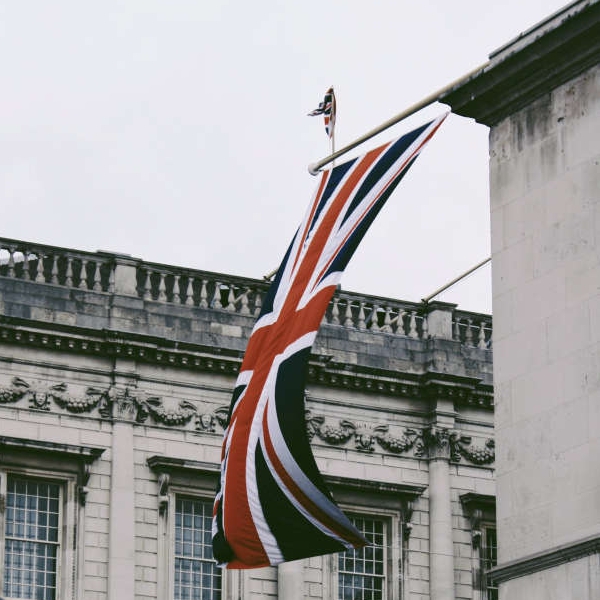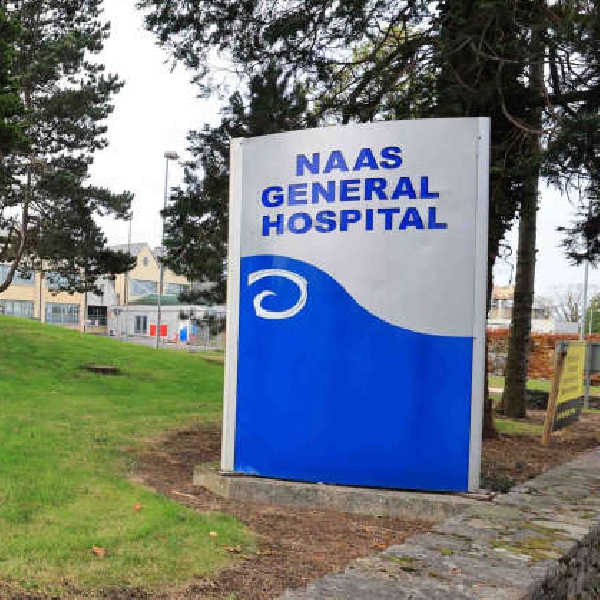
Experts fear the move could push the UK into a worse recession than the 1930's
The Bank of England has increased the cost of borrowing by 0.75 percentage points to 3%.
That's despite predicting that higher interest rates would push the economy into the longest recession since the 1930s.
The central bank’s monetary policy committee (MPC) voted by a 7-2 majority for the biggest increase in rates since 1989 to combat an inflation rate that hit 10.1% in September.
The Bank blamed higher energy prices and a tight labour market for the decision to increase interest rates, matching rises in the last week by the US Federal Reserve and the European Central Bank.
The last time rates increased by more than 0.5% was in 1989.
Andrew Bailey, the bank governor, explains the reasoning behind the move:



 Newbridge Concern Worldwide Worker Documents Ongoing Suffering in Sudan
Newbridge Concern Worldwide Worker Documents Ongoing Suffering in Sudan




